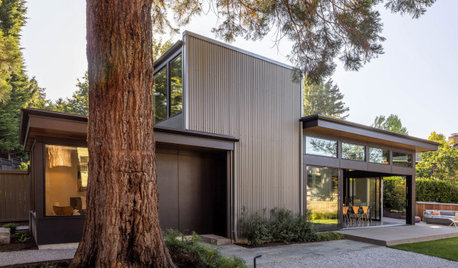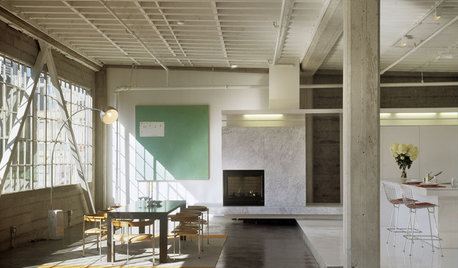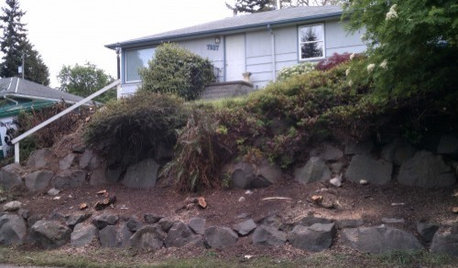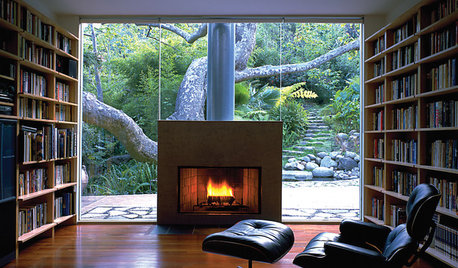A Question
John_D
20 years ago
Related Stories

SELLING YOUR HOUSE15 Questions to Ask When Interviewing a Real Estate Agent
Here’s what you should find out before selecting an agent to sell your home
Full Story
WORKING WITH PROS12 Questions Your Interior Designer Should Ask You
The best decorators aren’t dictators — and they’re not mind readers either. To understand your tastes, they need this essential info
Full Story
WORKING WITH PROS10 Questions to Ask Potential Contractors
Ensure the right fit by interviewing general contractors about topics that go beyond the basics
Full Story
MOST POPULAR8 Questions to Ask Yourself Before Meeting With Your Designer
Thinking in advance about how you use your space will get your first design consultation off to its best start
Full Story
REMODELING GUIDES13 Essential Questions to Ask Yourself Before Tackling a Renovation
No one knows you better than yourself, so to get the remodel you truly want, consider these questions first
Full Story

COFFEE WITH AN ARCHITECTA Quiz for Architects in Question
Should you trade in your T-square for a barista tray? Answer a few simple questions to find out
Full Story
Design Dilemmas: 5 Questions for Design Stars
Share Your Design Know-How on the Houzz Questions Board
Full Story
Easy Green: 6 Must-Answer Questions Before You Buy
Thinking about buying ecofriendly furniture? For a truly environmentally conscious home, ask yourself these questions first
Full Story
FEEL-GOOD HOMEThe Question That Can Make You Love Your Home More
Change your relationship with your house for the better by focusing on the answer to something designers often ask
Full Story





eddie_ga_7a
John_DOriginal Author
Related Professionals
Lakewood Landscape Architects & Landscape Designers · Paradise Landscape Architects & Landscape Designers · Brookside Landscape Contractors · Addison Landscape Contractors · Brandon Landscape Contractors · Fairview Landscape Contractors · Twin Falls Landscape Contractors · Vineyard Landscape Contractors · Tyngsboro Landscape Contractors · Norridge Landscape Contractors · Claremont Fence Contractors · Gresham Fence Contractors · Shorewood Fence Contractors · Troutdale Fence Contractors · Whittier Fence Contractorsacj7000
John_DOriginal Author
acj7000
John_DOriginal Author
acj7000
John_DOriginal Author
acj7000
John_DOriginal Author
acj7000
The_Mohave__Kid
John_DOriginal Author
The_Mohave__Kid
John_DOriginal Author
The_Mohave__Kid
The_Mohave__Kid
John_DOriginal Author
acj7000
John_DOriginal Author
The_Mohave__Kid
John_DOriginal Author
apprehend
apprehend
clfo
John_DOriginal Author
acj7000
John_DOriginal Author
acj7000
John_DOriginal Author
brooz
John_DOriginal Author
eddie_ga_7a
John_DOriginal Author
acj7000
John_DOriginal Author
The_Mohave__Kid
The_Mohave__Kid
acj7000